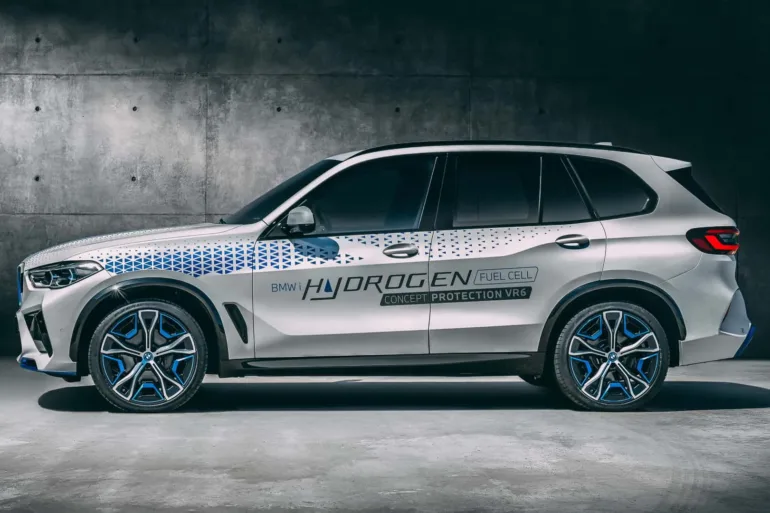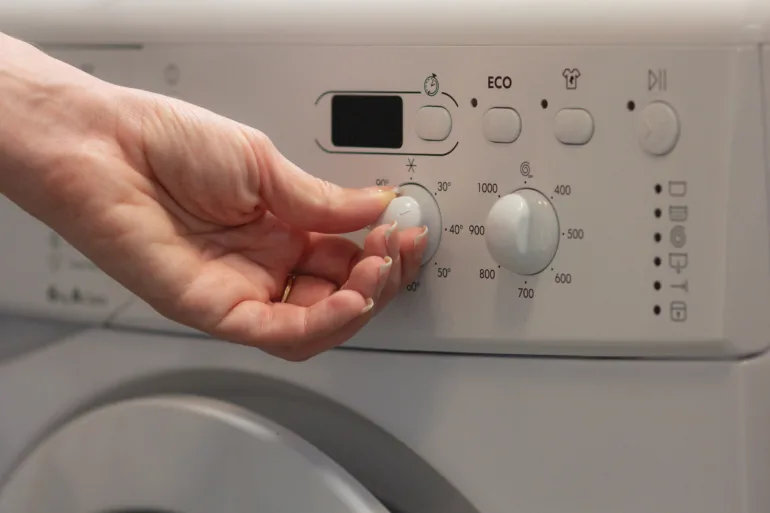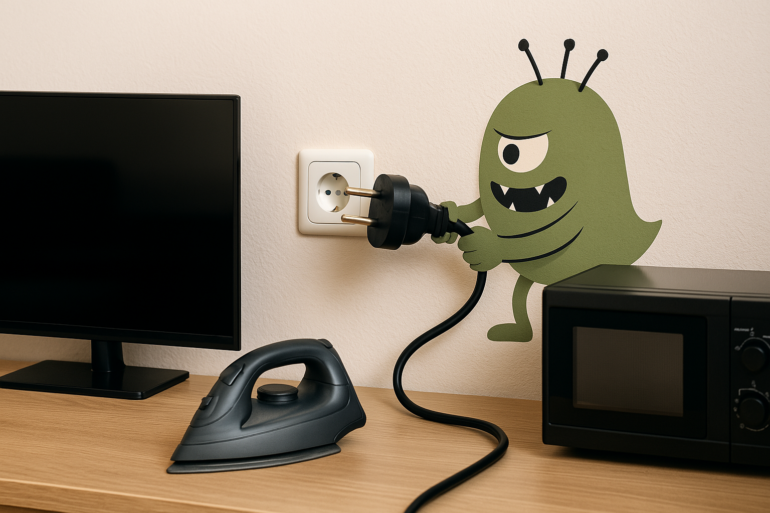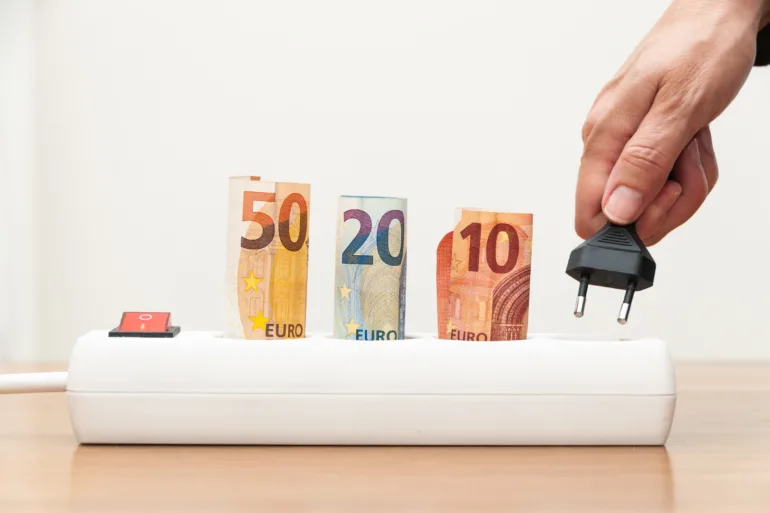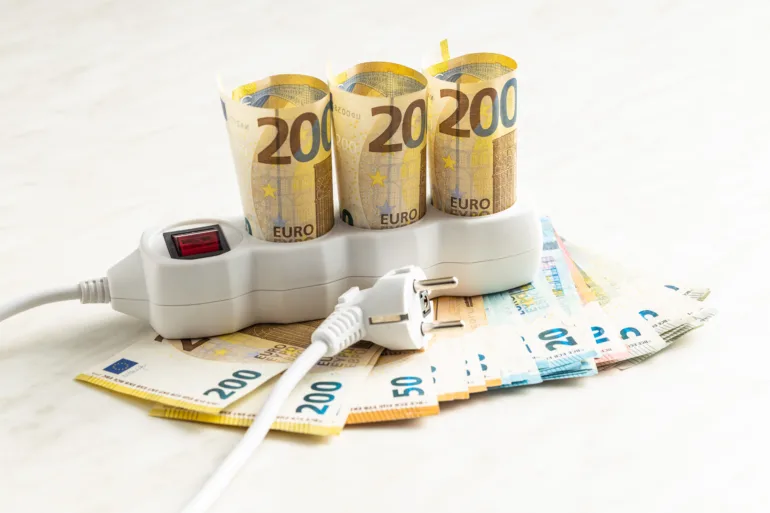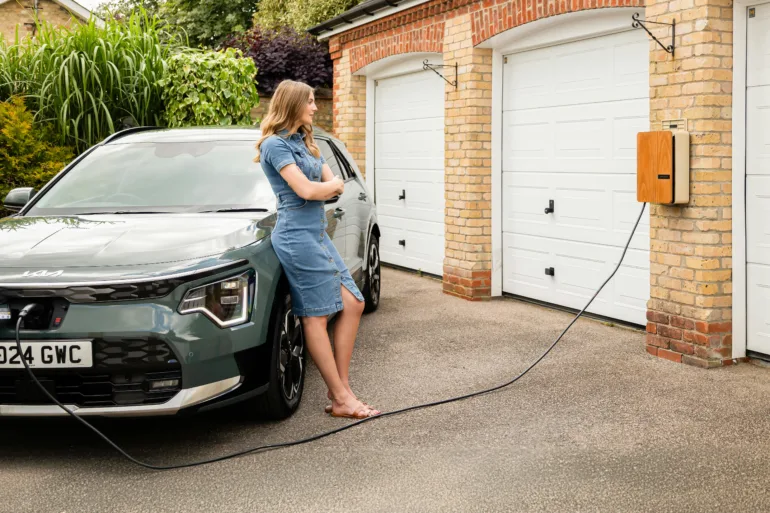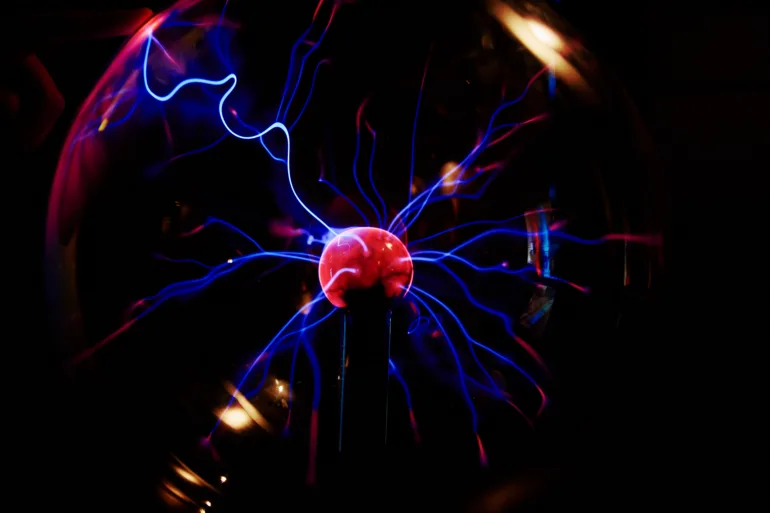The refrigerator is one of those household appliances that we take for granted – until it starts behaving like an irritated teenager: loud, unpredictable and completely inefficient. We usually only really start to deal with it when things stop working as they should – when the milk goes sour before its expiration date, when the appliances hum like generators and when we are surprised by an unpleasantly high electricity bill.
electricity
The right moment for hydrogen?! BMW has once again made a resounding announcement: "Hydrogen is the future, and we will lead this transition." And it all sounds absolutely wonderful—silent acceleration, zero emissions, refueling in three minutes. Almost like a fairy tale. But anyone who has ever driven from Ljubljana to Primorska knows very well that even electric charging stations in our country grow more slowly than mushrooms after a drought, let alone hydrogen ones.
Did you know that you can save not just a few euros, but up to 65 % on your electricity costs with just one button on your washing machine? Yes, it's time to get to know the hidden button.
The refrigerator is one of those household appliances that we don't appreciate enough - until it breaks down in the middle of August while you're waiting for frozen squid. This quiet, reliable friend works 24 hours a day, 7 days a week, 365 days a year. And because it works non-stop, it also happily burns electricity - often more than we realize.
The days of boiling dirty laundry like Sunday soup are over – thank the laundry gods. But the question remains: which water really wins when it comes to washing? Cold or hot? Experts have finally stopped beating around the bush and offered a clear answer.
Did you know that even while you're lazing on the couch, many of the devices in your home are busily partying on—at your expense, of course? Even when they appear to be sleeping, they're actually quietly sipping electricity. This hidden consumption, called standby, is like that one person at a party who never goes home—and always orders another cocktail.
How to reduce your electricity bill? Have you ever thought that even when your TV is off, it's still quietly sucking electricity, as if it's at an eternal happy hour? Or that those chargers you leave in the socket without your phone plugged in are actually enjoying the VIP treatment of electricity - for no reason? How to reduce your electricity bill in 2025? Electricity is not cheap in 2025, and if you don't want to have a heart attack every month when you look at your bill, it's time to get to know your hidden energy consumers and put them in their place. Get ready for some quick but effective solutions that can save you up to 50 % on your electricity costs.
Have you noticed that your electricity bill is steadily increasing without increasing the use of household appliances? The culprit may be devices that silently drain your wallet, even when you are not actively using them. Many devices in your home use up phantom energy - energy that is lost even though the devices appear to be switched off.
With the new network fee calculation system brought about by the energy reform, we will have to pay even more attention to the use of electrical devices in the household. This change didn't come out of the blue, but it seems like it wasn't talked about much. And yet, we will all feel the consequences. While we are being encouraged to save energy, the new terms and prices of network charges will affect everything from the washing machine at 2am to charging the electric car. What about companies? They will face new challenges when electricity is cheaper at night. Let's see why your devices will require more attention than ever in the future.
Golob's energy reform is a textbook example of how energy changes should not be undertaken. It is a set of missed moves that turned from a theoretically "genius idea" into an actual nightmare for users. Here are 10 undeniable fallacies that should raise alarm bells in any energy policy debate.
With the new tariff system for electricity coming into effect on October 1, 2024, electric car owners will face new challenges when charging their vehicles. Dynamic network charge prices, depending on the time of day and network load, will require more accurate planning and adjustment of charging, which is not always easy. Are electric car drivers facing higher costs or will they be able to take advantage of new savings opportunities?
Imagine that we can get an almost infinite amount of clean energy from a very small amount of fuel, without harmful emissions and radioactive waste. Sounds like science fiction, right? Well, that's exactly what nuclear fusion promises. While the US has been researching this technology for decades, China is racing ahead at breakneck speed, building devices that could be the key to a clean energy future.

